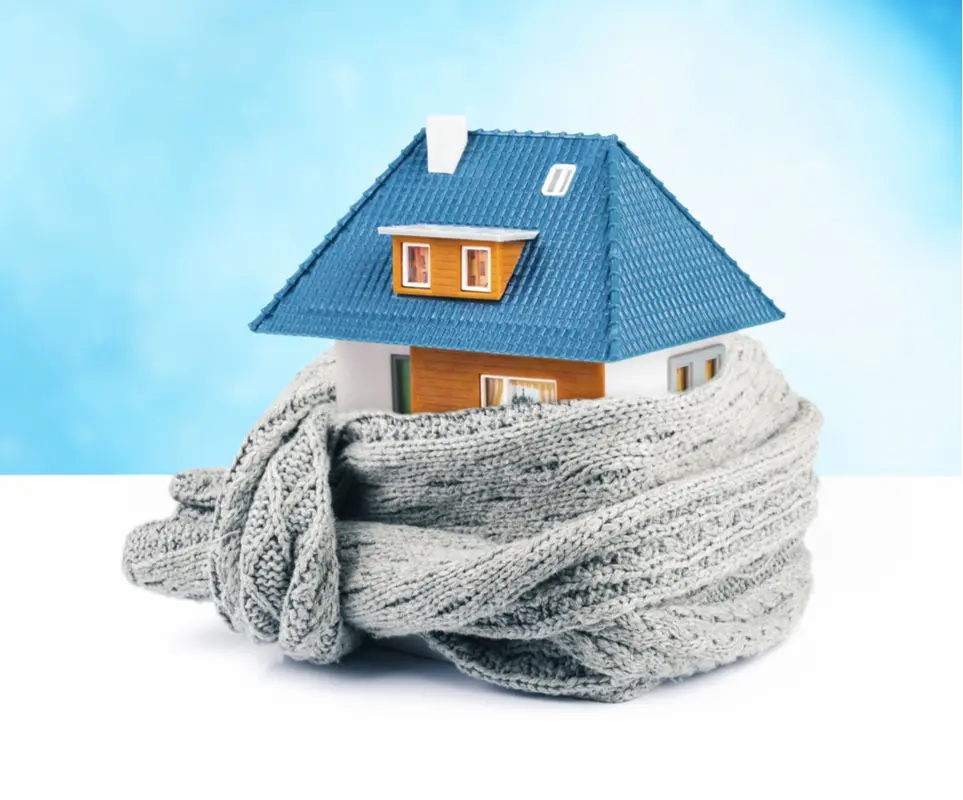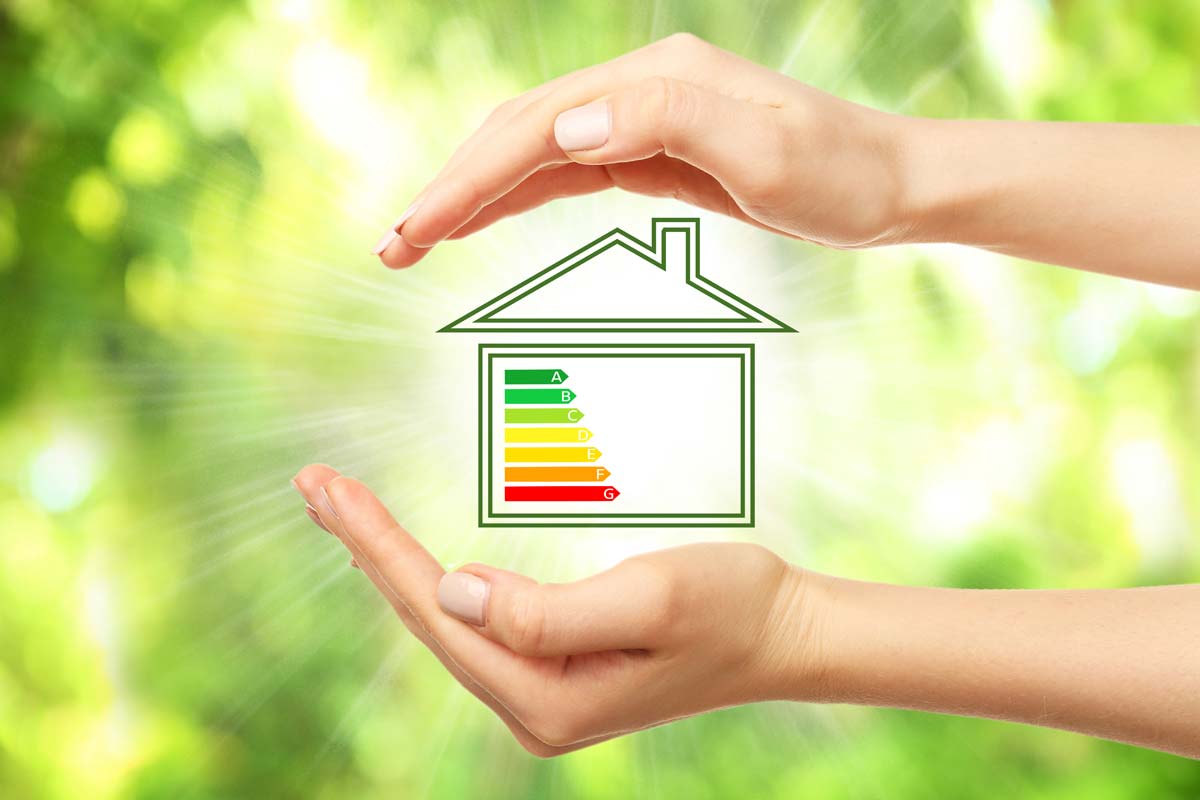Kitchen appliances Cookers We recommend choosing an oven with an energy rating of A+. A pyrolytic function can also be an energy intensive means of cleaning which can contribute to higher running costs. The energy label is now found on both electric and gas ovens, enabling consumers to make the most efficient choice for either fuel. Microwave ovens Microwaves often provide a much more energy efficient way of cooking food than in the oven. This is because microwaves oven use energy to directly heat your food, whereas electric ovens must also heat the air inside the oven. Dishwashers Dishwashers can take up a significant chunk of your electricity bill, costing on average £45 a year to run. The most efficient dishwashers on the market have an A+++ rating, they cost around £6 less to run than the lowest rated dishwashers that you can buy of the same size, and they use less water. Fridges, freezers and fridge-freezers These are switched on 24 hours a day, 7 days a week, so it’s well worth finding models that are energy efficient. Typically choosing an A+++ fridge freezer over an A+ unit will save you about £200 in energy bills over the lifetime of the product. However, as the energy rating is based upon classification by size, choosing a smaller fridge will use less energy than a larger fridge with the same energy rating. You can compare the total energy consumption of appliances by looking for their yearly energy consumption in kWh / annum displayed on the bottom right of the energy label. Kettles Kettles are one of the most commonly used appliances in the kitchen. ECO kettles that only boil the amount of water required can use 20 per cent less energy than a conventional electric kettle. On average a UK household boils the kettle 1,500 times a year. Tumble dryers Drying clothes outdoors on a washing line or indoors on a rack costs nothing and uses no energy so it is the ideal way to dry your clothes. But if you need to use a tumble dryer, choose one with a good energy label rating such as an A++ or A+++. This will help to keep your energy bill down as much as possible. Choose one with a sensor that tells you when your clothes are dry enough, preventing your clothes from being over dried. Gas tumble dryers are one of the cheapest and most environmentally friendly type of dryer to run. But this type of dryer can be slightly more expensive to install as it needs a gas connection. Electric heat pump tumble dryers are also very efficient as they recycle the heat from the ventilation tube back into the dryer, but after removing the water vapour from the air. Washing machines An energy efficient machine will save you money on your electricity bill and, if you have a meter, your water bill too.



